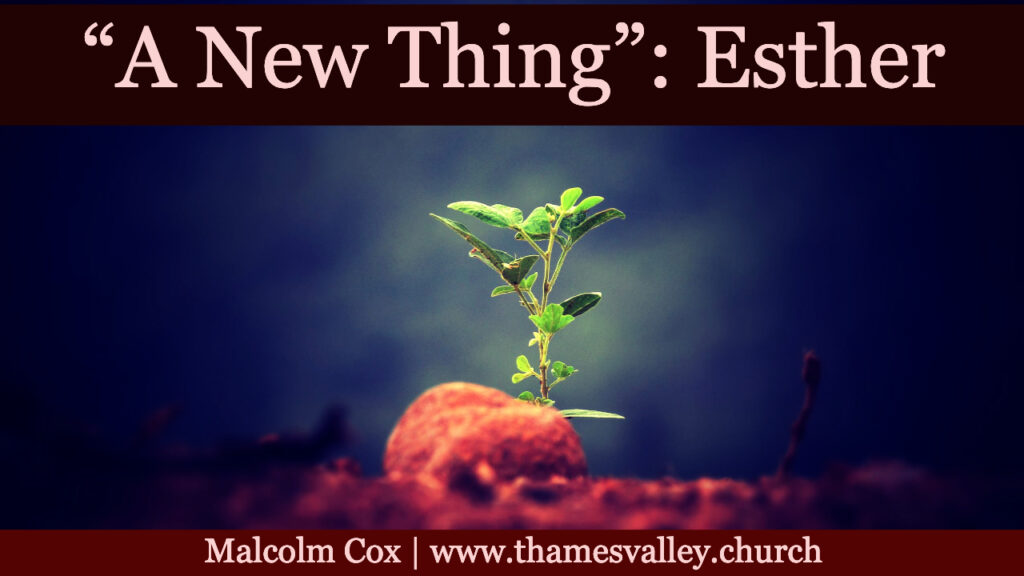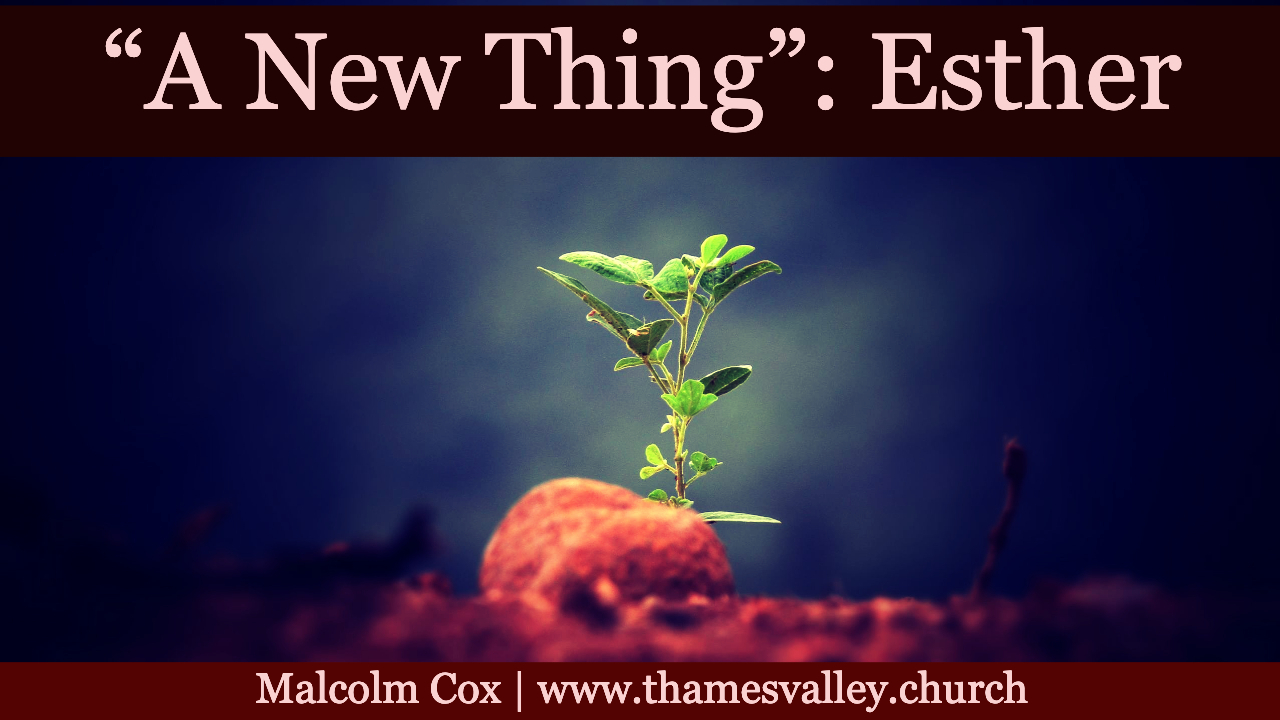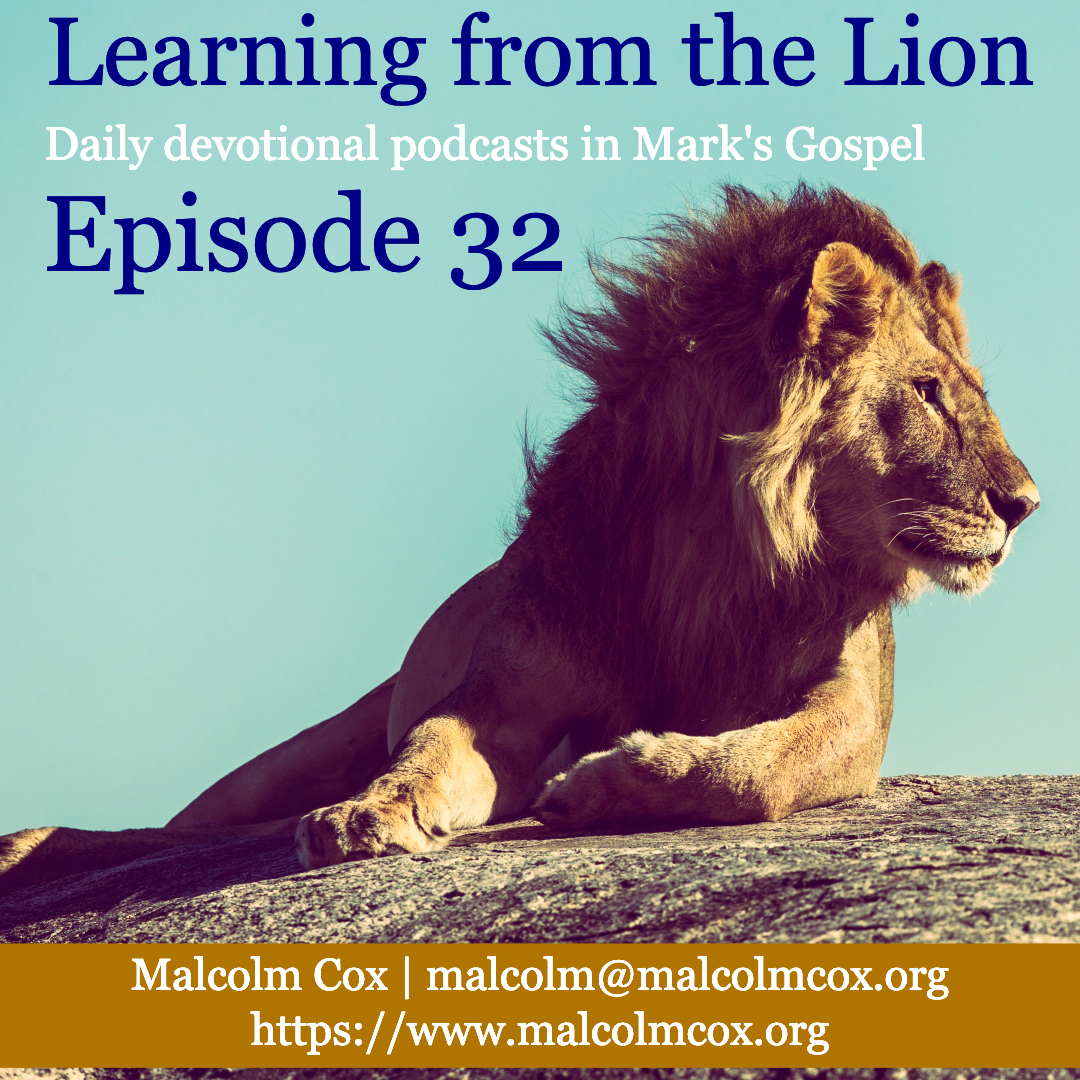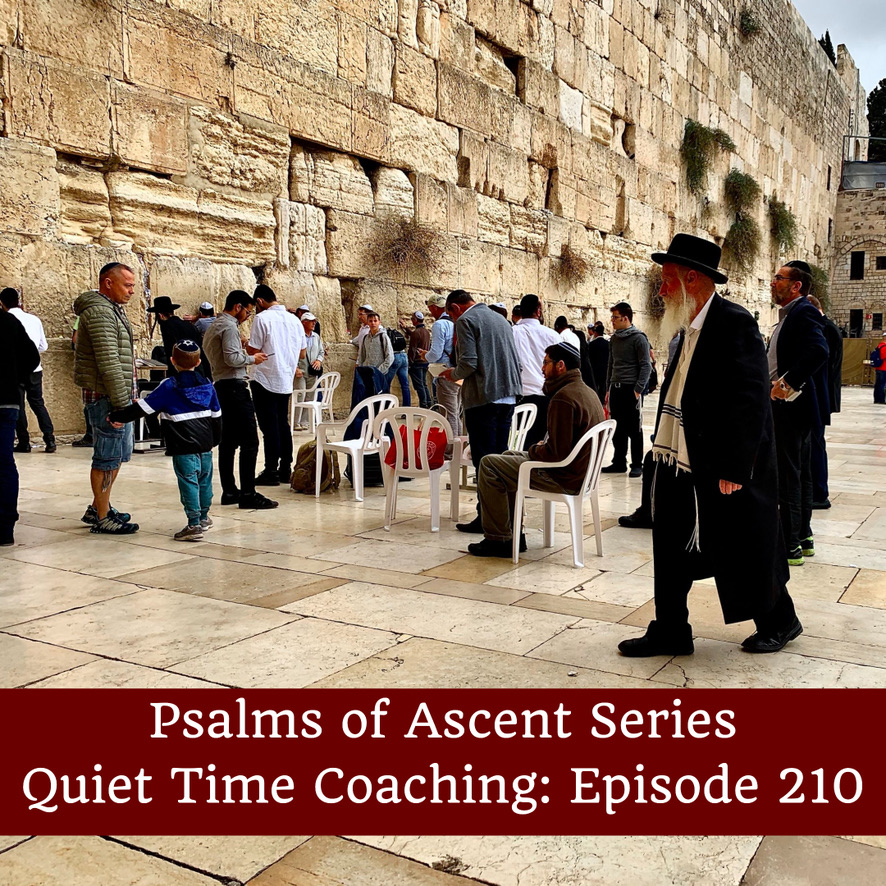
“Do not think that because you in the king’s house you alone of the Jews will escape. For if you remain silent at this time, relief and deliverance will arise for the Jews from another place, but you and your father’s house will perish. And who knows but that you have come to royal position for such a time as this?” (4:13, 14).
“…gather all the Jews to be found in Susa, and hold a fast on my behalf, and neither eat nor drink for three days, night or day. I and my maids will also fast as you do. After that I will go to the king, though it is against the law; and if I perish, I perish.”” (Esther 4:16 NRSV)
‘The queen of the Medo-Persian Empire went from a life of ease to a life of impact. Esther had not been a woman who aspired to “change the world;” on the contrary, she desired security. That all changed because she saw a need, and realised that she was the person to meet that need. She was needed. God had a plan for her life. Her purposeless existence now had a meaning of more worth than a thousand outfits of silks and satins, of more worth than all the choice food and luxurious surroundings. She had been given something to do that could change lives forever, and by the grace of God she would do it.’ Maria May
How do we handle feelings of inadequacy? Do you suffer from imposter syndrome?Many other Biblical heroes faced feelings of inadequacy:
- Nehemiah – “At the time, I was cupbearer to the king.” Nehemiah 1.11
- Moses. In Exodus 3-4, Moses raises several objections and questions, including “Who am I that I should go to Pharaoh?” and “What if they do not believe me or listen to me?”
- Gideon: Gideon, in the Book of Judges, is called by God to lead the Israelites against their oppressors, the Midianites. Initially, Gideon questions why he, from the weakest clan, is chosen for such a task and seeks confirmation through signs and miracles.
- Jeremiah: The prophet Jeremiah expresses feelings of inadequacy and questions why he was chosen as a prophet. In Jeremiah 1:6, he says, “Alas, Sovereign Lord, I do not know how to speak; I am too young.”
What does the story of Esther and others like her teach us?
- Inadequacy is healthy: The alternative is that we all feel super-confident and that we deserve a role. That way leads to debilitating pride.
“...when Simon Peter saw it, he fell down at Jesus’ knees, saying, “Go away from me, Lord, for I am a sinful man!”” (Luke 5:8 NRSV)
- That response was the right one in order to become a follower of Jesus
- Inadequacy is not deadly:
“Last of all, as to one untimely born, he appeared also to me. For I am the least of the apostles, unfit to be called an apostle, because I persecuted the church of God. But by the grace of God I am what I am, and his grace toward me has not been in vain. On the contrary, I worked harder than any of them—though it was not I, but the grace of God that is with me.” (1 Corinthians 15:8-10 NRSV)
- Paul combined humility with faith
- Paul’s unsuitability to be an Apostle was part of the reason he was chosen!
- Perhaps that’s true for you too!
Conclusion
‘Our deepest fear is not that we are inadequate. Our deepest fear is that we are powerful beyond measure. It is our Light, not our Darkness, that most frightens us. We ask ourselves, who am I to be brilliant, gorgeous, talented, fabulous? Actually, who are you NOT to be? You are a child of God. Your playing small does not serve the world. There is nothing enlightening about shrinking so that other people won’t feel unsure around you. We were born to make manifest the glory of God that is within us. It is not just in some of us; it is in everyone. As we let our own Light shine, we unconsciously give other people permission to do the same. As we are liberated from our own fear, our presence automatically liberates others.’ Brene Brown, I thought it was just me
- I wonder sometimes how much of my feelings of inadequacy are really my sinful nature’s self-defence mechanism attempting to ‘protect’ me from trying ‘new things’ for God. My sinful nature loves my comfort zone.
- Can you see some area of faith where God is calling you to move from ‘Why me?’ to ‘Why not me?’?
Please add your comments on this week’s topic. We learn best when we learn in community.
Do you have a question about teaching the Bible? Is it theological, technical, practical? Send me your questions or suggestions. Here’s the email: malcolm@malcolmcox.org.
If you’d like a copy of my free eBook on spiritual disciplines, “How God grows His people”, sign up at my website: http://www.malcolmcox.org.
Please pass the link on, subscribe, leave a review.
“Worship the LORD with gladness; come before him with joyful songs.” (Psalms 100:2 NIV11)
God bless, Malcolm


